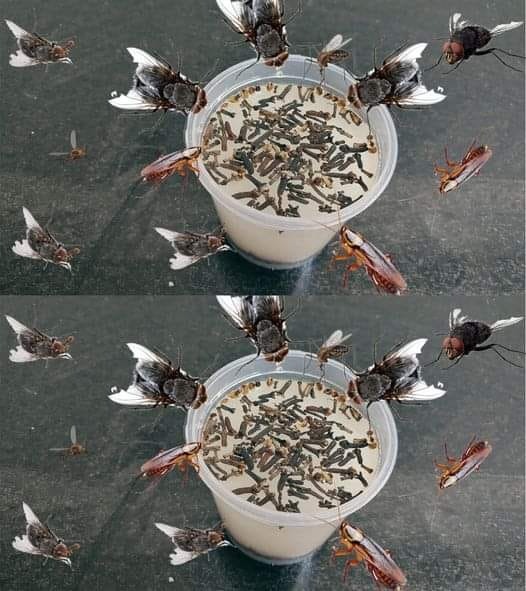Honeybee Venom Shows Promise in Destroying Aggressive Breast Cancer Cells
In a promising scientific breakthrough, researchers have discovered that a natural compound in honeybee venom, known as melittin, can kill some of the most aggressive forms of breast cancer, including triple-negative and HER2-positive types.
According to Western Australia’s Chief Scientist, Professor Peter Klinken, melittin has shown remarkable ability to block the signals that promote cancer cell growth. "Melittin disrupts key pathways in breast cancer cells by inhibiting receptors like EGFR, commonly elevated in triple-negative breast cancer, and HER2, which is overactive in HER2-enriched cases," he explained.
Natural Compound Targets Cancer Pathways
This study highlights how melittin interferes with cancer cell communication and replication processes. “It’s a compelling example of how nature provides us with tools to tackle serious illnesses,” Professor Klinken noted, referring to the therapeutic potential of natural bioactive compounds.
Enhancing Chemotherapy With Melittin
Dr. Ciara Duffy, whose research was part of her PhD at the Harry Perkins Institute of Medical Research, explored whether melittin could complement current cancer treatments. Because melittin creates tiny openings in cell membranes, she hypothesized it might help chemotherapy drugs penetrate cancer cells more effectively.
“We found that melittin, when paired with drugs like docetaxel, significantly reduced tumor growth in mice. The combination therapy proved to be highly effective against aggressive breast cancers,” said Dr. Duffy.







